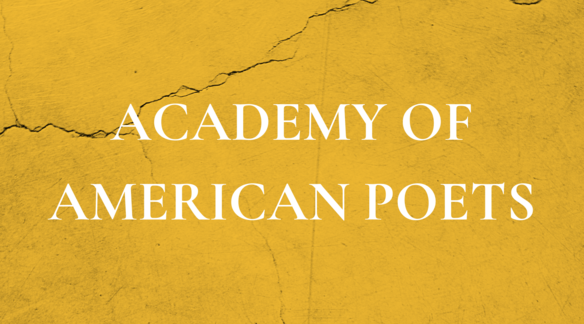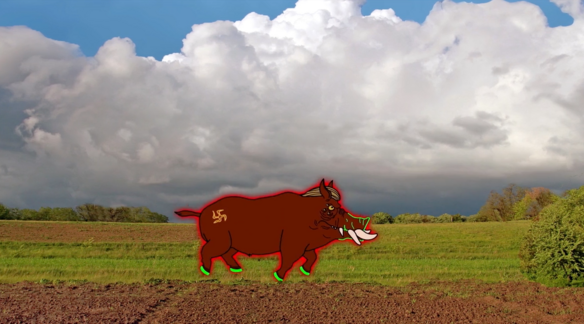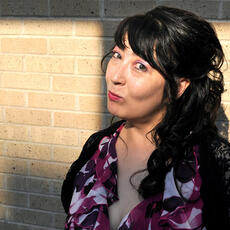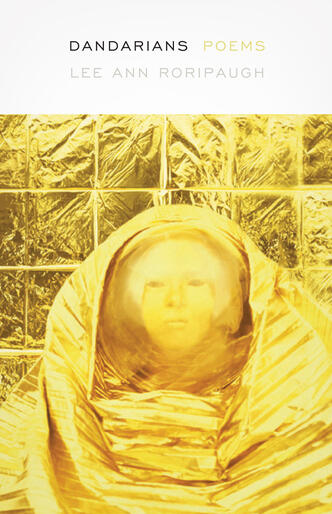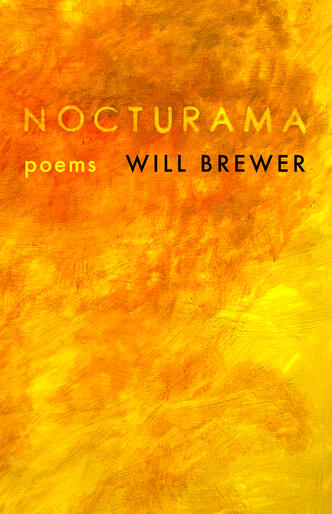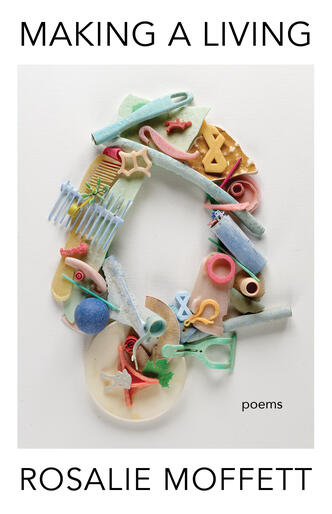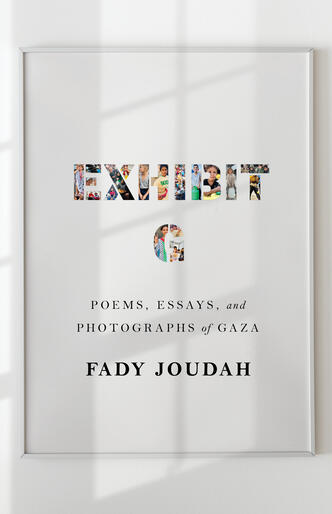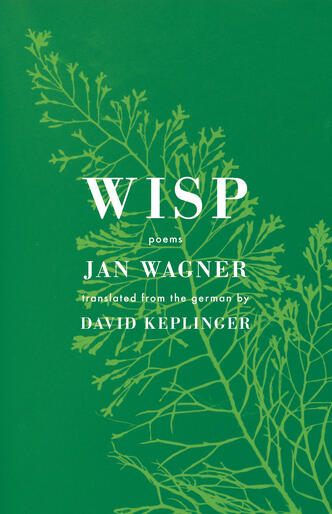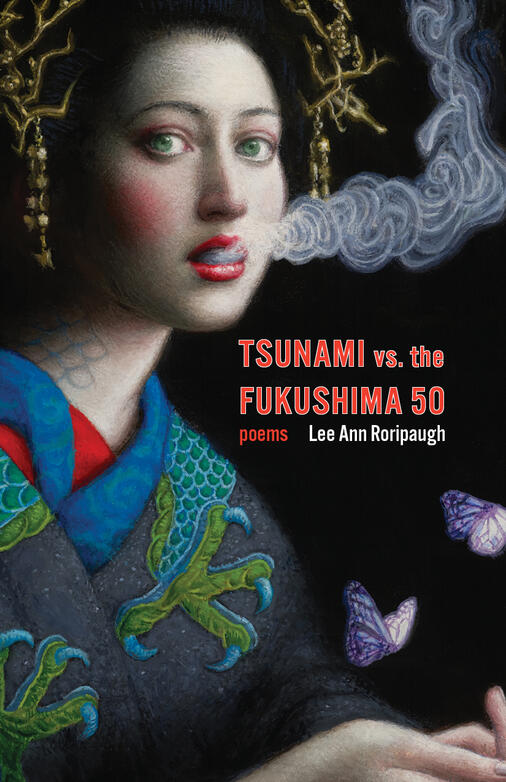

tsunami vs. the fukushima 50
Named a Best Book of the Year by the New York Public Library
Finalist for the Lambda Literary Award in Lesbian Poetry
Society of Midland Authors Honoree in Poetry
In March 2011, a tsunami caused by an earthquake collided with nearby power plant Fukushima Daiichi, causing the only nuclear disaster in history to rival Chernobyl in scope. Those who stayed at the plant to stabilize the reactors, willing to sacrifice their lives, became known internationally as the Fukushima 50.
In tsunami vs. the fukushima 50, Lee Ann Roripaugh takes a piercing, witty, and ferocious look into the heart of the disaster. Here we meet its survivors and victims, from a pearl-catcher to a mild-mannered father to a drove of mindless pink robots. And here, too, we meet Roripaugh’s unforgettable Tsunami: a force of nature, femme fatale, and “annihilatrix.” Tsunami is part hero and part supervillain—angry, loud, forcefully defending her rights as a living being in contemporary industrialized society. As humanity rebuilds in disaster’s wake, Tsunami continues to wreak her own havoc, battling humans’ self-appointed role as colonizer of Earth and its life-forms.
“She’s an unsubtle thief / a giver of gifts,” Roripaugh writes of Tsunami, who spits garbage from the Pacific back into now-pulverized Fukushima. As Tsunami makes visible her suffering, the wrath of nature scorned, humanity has the opportunity to reconsider the trauma they cause Earth and each other. But will they look?
